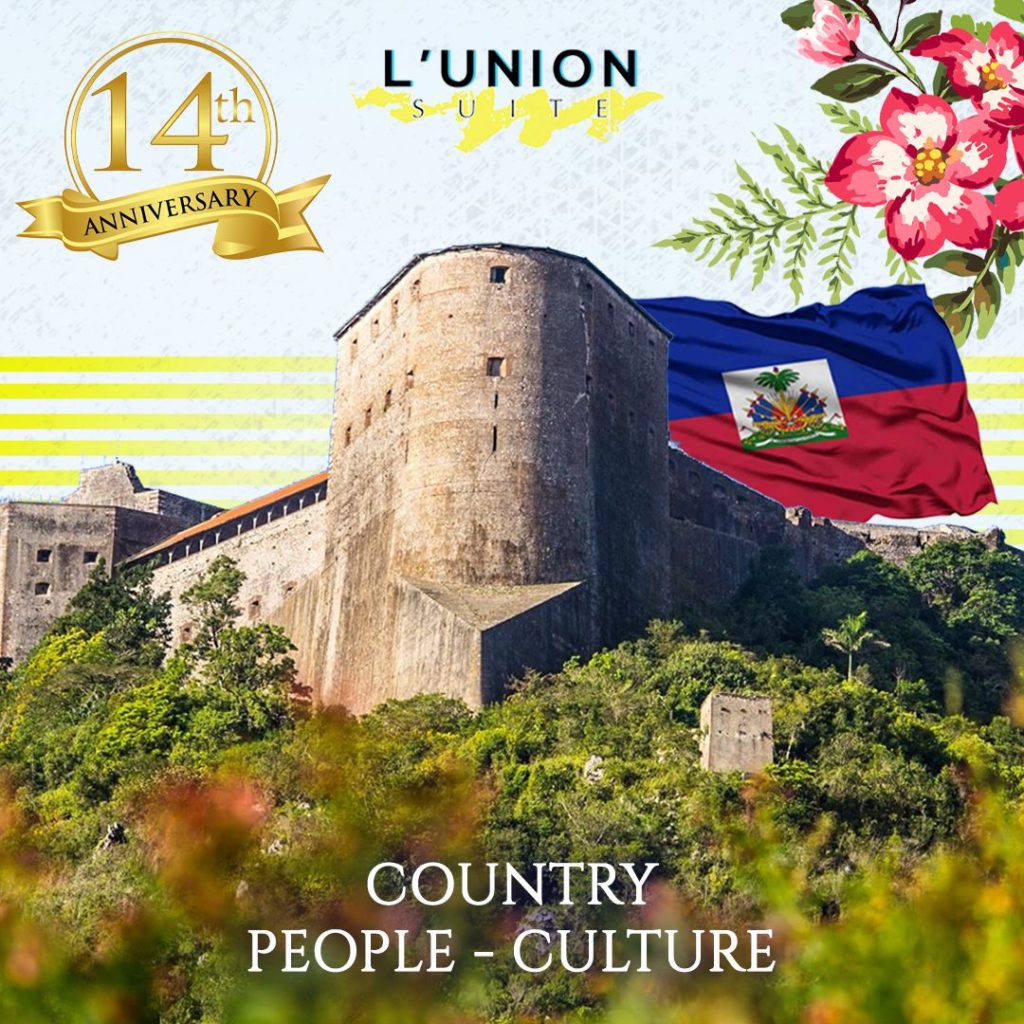
I love this write up by
There is no Black future without honoring the Haitian Revolution, too.
It is important to me that we always include and apply the values from the Haitian Revolution-Iresistance, self-determination and black love, in the movement for Black lives. Living at the intersection of being first-generation Haitian and Black, I have learned to bring my culture into my activism and organizing as a first act of choosing freedom and loving myself. This has not always been easy for me, with a family that has been stripped over generations of a lot of our cultural practices.
But what the Haitian Revolution means to me and what it means for Black liberation is a long and powerful story of resilience.
The fight for Black lives must include deepening our understanding of concrete historical examples when Black liberation was real and we won!
I was raised by my mother, an immigrant woman who moved to the United States from Haiti almost 12 years ago. She spent at least three months in a detention camp in Florida and only recently shared that part of her personal history with me. My mother grew up in Haiti during a time of serious political conflict and rivalries and in a time when joining a political party could get you killed, sometimes publicly. My mother learned to be protective at a young age and her early experiences impacted what she later shared with me. We never talked politics. She did not share openly with me about what liberation meant to her. I was not taught the history of Haiti when I was little, and no one explained to me the importance of the Haitian Revolution.
Even though I was born in America and my mother never talked about politics with me, I was raised with a Haitian identity. I learned to speak, read and write Haitian Kreyol, we ate and cooked Haitian food and I grew up learning the values of being Haitian. My mother taught me nearly everything that I know about being Haitian.
I think because I had this strong Haitian identity and at the same time my mother kept Haitian politics from me, I ended up growing thirsty to know more. Later I learned on my own about the rasin (roots) movement, the culture of Haitian Voodoo, and other aspects of African-based spiritual practices and values that Haitian people followed.
What exploration of my Black-Haitian American heritage has taught me is that the fight for Black lives must include deepening our understanding of concrete historical examples when Black liberation was real and we won! We must remember Haiti; we must celebrate and hold Haiti up. Haiti was the first place in the western hemisphere where Black people successfully fought back and then became the first Black nation. The Haitian Revolutionhas a rich and layered history, but the key action of the Bwa Kayiman, a Voodoo ceremony, would also prove to be the spark of the Haitian Revolution in 1791 – Continue Reading On Huffington Post















http://comprarseguidoresreales.blogspot.com.es/
It’s impressive tɦat you are gеtting thougɦts from this article as wеll as from
ouг argument made here.
Hi I am so thrilled I found your web site, I really
found you by accident, while I was searching on Yahoo for something else, Anyways I am here now and would just like to say thanks for a fantastic post and a all round
exciting blog (I also love the theme/design), I don’t have
time to browse it all at the minute but I have saved it and also
included your RSS feeds, so when I have time I will be back to read much more,
Please do keep up the superb jo.
Eenjoy meal at-one of several local restaurants using an amazing harbor view, attempt the downtown Ocean Harbor
Pier.
When I initially commented I clicked the “Notify me when new comments are added” checkbox and now each
time a comment is added I get four emails with the same comment.
Is there any way you can remove me from that service? Appreciate it!